We explain the recent changes to the High-Income Child Benefit Charge (HICBC).
At the March 2024 Spring Budget, the Chancellor announced welcome developments to the HICBC from 6 April 2024.
Seen widely as an unfair regime, the current threshold imposes a tapered clawback of child benefit on the highest earner within a household, provided their individual adjusted net income is over the bracket.
The scheme naturally favours dual-income households where income is spread equally between earners and disadvantaged single-income households which may just exceed the limit.
The Chancellor announced interim changes to the scheme from 6 April 2024 to increase the HICBC threshold and reduce the rate of taper to provide some immediate relief to families potentially facing this charge.
HICBC – 2023/2024 Tax Year
Up to the year ended 5 April 2024, if the higher earner within a household had income of more than £50,000 they would be subject to the HICBC.
For every £100 their income exceeded £50,000, the charge is 1% of any child benefit claimed by anyone in the household. Therefore, a charge equal to 100% of the child benefit claimed was payable once their income exceeded £60,000.
HICBC 2024/2025 Tax Year
From 6 April 2024, the rules have been relaxed for the HICBC. The threshold for the clawback has been increased to £60,000 and the rate of taper has been halved.
The charge will be 1% for every £200 earned over £60,000. Therefore, the full benefit charge will only be payable when the higher-earner has income exceeding £80,000.
Double or single income household?
Up to 6 April 2024, single income households could only earn up to £50,100 before the HICBC charge would be payable and 100% of the child benefit claimed would be clawed back where income reached £60,000.
For the 2024/25 tax year, single income households can earn up to £60,200 before the charge is payable and the 100% claw back would only apply once income reaches £80,000.
Due to the disparity of this regime, double income households could benefit significantly from these changes. Up to 6 April 2024, a couple each earning £50,000 giving a household income of £100,000 would not suffer any HICBC.
For 2024/25 double income households can earn up to £120,000 before suffering any HICBC with the potential for earning up to £160,000 before the full clawback is charged provided there is an equal income split.
Future Changes
It was also announced that the Government will consult on changes to the scheme which are planned to be in place by April 2026.
Although the changes from 6 April 2024 provide an interim relief for those falling within the HICBC, these changes do not address the variation between single income and double income households.
We understand that following the Government’s consultations, the HICBC could be reformed to be based on the total income of the household and not on the sole income of the highest earner.
No further guidance has been provided on how soon these consultations will take place but it is clear that the Government are looking to take steps to smooth the inequality of the current regime.
Contact us
If you feel that you may be within the HICBC regime or require advice on how these changes would affect you, our experts are available to guide you.
Please contact us at our Leicester office on 0116 254 9262, or Loughborough office on 01509 263500. Alternatively, our contact form is here.
